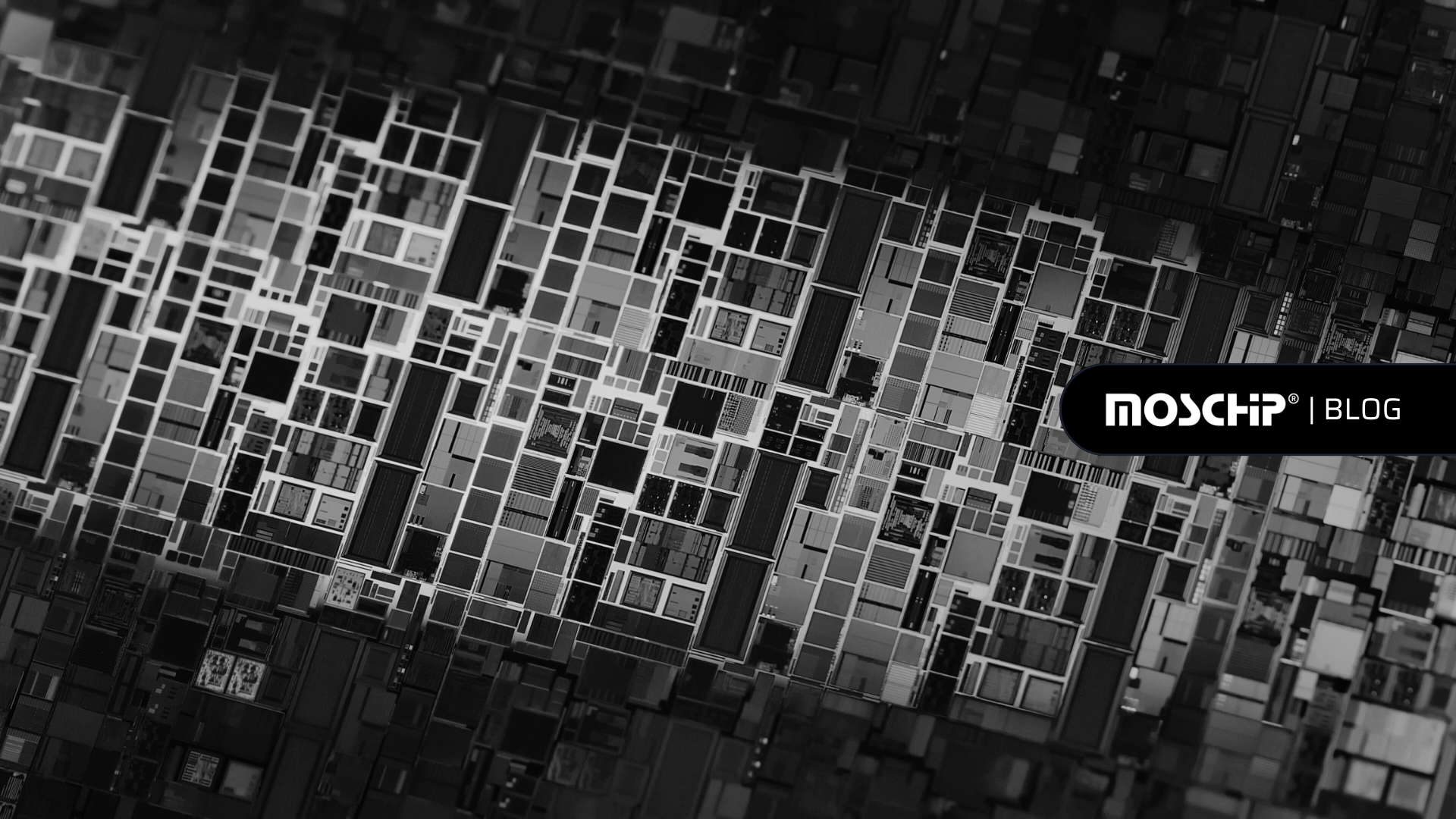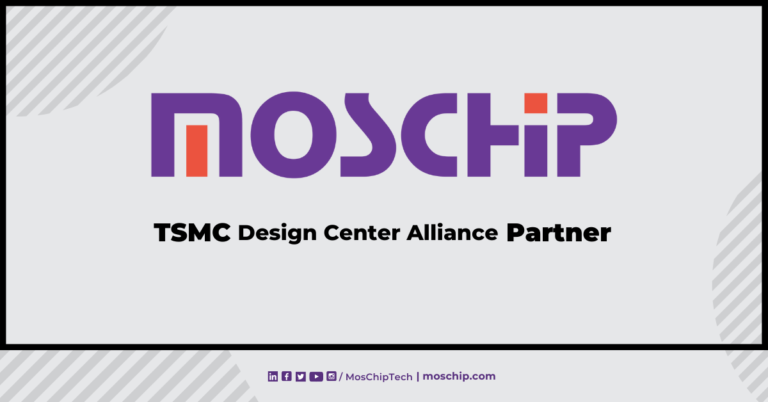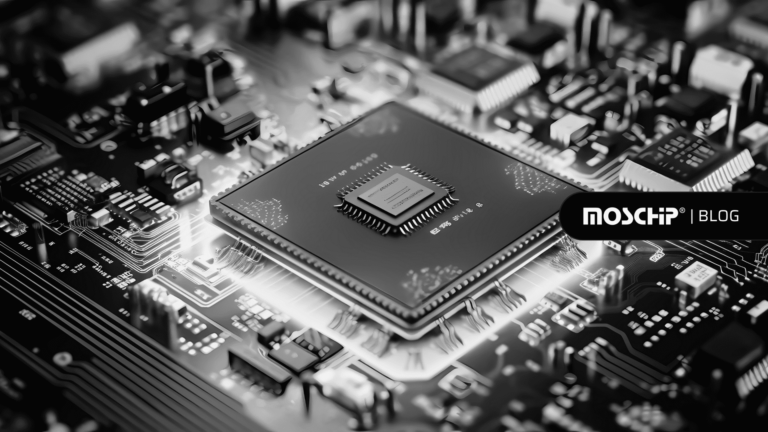Evolution of VLSI Technology and its Applications
The development of VLSI technology has opened up new possibilities in the field of microelectronics. The landscape of electronic systems has been fundamentally changed by VLSI technology, which can combine millions of transistors onto a single chip. This ground-breaking innovation has produced extremely advanced and effective electronic devices that are incredibly powerful and small. Research and Markets estimates that the global VLSI market will be worth USD 662.2 billion in 2023. Market analysts predict that it will be worth USD 971.71 billion in 2028, growing at an 8% Compound Annual Growth Rate (CAGR)
Several factors have influenced the evolution of VLSI technology, including advances in semiconductor materials and manufacturing processes, the development of computer-aided design (CAD) tools, and the growing demand for high-performance electronic systems which includes VLSI design and verification processes. In this article, we will explore the evolution of VLSI technology and its application in the modern world
Evolution of VLSI technology
The inception of VLSI technology can be traced back to the 1970s when the first microprocessor was introduced. A milestone that showcased the potential of VLSI design and integrating multiple transistors on a single chip. This breakthrough marked the beginning of a new era in microelectronics
A single chip can hold an ever-increasing number of transistors thanks to VLSI technology. The creation of transistors with smaller dimensions and better performance characteristics has been made possible by the development of semiconductor materials and manufacturing techniques. These advancements in VLSI design has caused an ongoing rise in integration density, allowing for the creation of extremely sophisticated and complex electronic systems. As the number of transistors integrated on a chip increases, the processing power of electronic systems also improves significantly. With more transistors available, complex computations can be executed at a faster rate, enabling high-performance computing. As a result, disciplines like artificial intelligence and machine learning, data analytics, and scientific simulations have advanced significantly
Applications of VLSI technology
VLSI technology has diverse application in various industries and sectors. Here are some key areas where VLSI plays a significant role
Consumer Electronics: VLSI technology has transformed the consumer electronics industry, enabling the development of smartphones, tablets, gaming consoles, and smartwatches. These devices offer advanced functionalities, high-speed processing, and energy efficiency, enhancing user experiences and productivity
Automotive Industry: In the automotive sector, VLSI technology has revolutionized vehicle functionality and safety. Advanced Driver Assistance Systems (ADAS), infotainment systems, and Engine Control Units (ECUs) utilize VLSI chips to enable features such as autonomous driving, object/lane/signal detection, and real-time vehicle diagnostics
Telecommunications: VLSI technology has played a vital role in the telecommunications industry. It has facilitated the development of high-speed network infrastructure, 5G wireless communication, and advanced mobile devices. VLSI-based chips are used in routers, modems, base stations, and network switches to enable fast and reliable data transmission
Healthcare: VLSI technology has had a significant impact on healthcare, enabling the development of medical imaging devices, wearable health monitors, and implantable medical devices. These devices provide accurate diagnostics, real-time monitoring, and improved patient care
Applications of VLSI technology
Advantages of VLSI technology
Compact size: VLSI circuits are much smaller than traditional circuits, enabling the development of compact electronic systems, thus making miniaturization possible
Lower power consumption: VLSI circuits consume less power compared to traditional circuits, making them more energy efficient. This is particularly relevant in applications where battery life is a critical factor, such as mobile devices
Higher performance: By integrating a large number of transistors on a single chip, VLSI circuits can perform complex operations at extremely fast speeds. This enables the development of high-performance electronic systems such as supercomputers, datacenters, edge computing, etc.
Mass production: VLSI technology has enabled the mass production of complex electronic systems. With the integration of multiple functions and components on one chip, by this reliability has improved. This, in turn, has made electronic systems more affordable and accessible to a wider range of users, promoting widespread adoption and innovation
Future of VLSI technology
VLSI technology’s future holds both opportunities and challenges. The need for evolving design methodologies that can handle the growing complexity of electronic systems is one of the challenges. Another difficulty is the growing need for energy-efficient systems, which necessitates the creation of fresh power management strategies
On the other hand, VLSI technology’s future presents several opportunities. VLSI technology has the potential to enable new applications and products, such as brain-machine interfaces and quantum computing. The increasing demand for high-performance electronic systems in various industries also presents opportunities for the development of new and innovative products and services
The development of VLSI technology has been fuelled by improvements in semiconductor materials, manufacturing techniques, and the rising demand for high-performance electronic systems. Applications in consumer electronics, automotive, telecommunications, healthcare, and the Internet of Things (IoT) are just a few of the many domains where it is prevalent. As VLSI technology continues to advance, we can expect further innovations and breakthroughs that will shape the future of electronics and technology-driven industries
MosChip offers a complete range of semiconductor design and verification services, catering to every stage of ASIC/FPGA/SoC development, from initial concept to final deployment. Our highly skilled VLSI team has the capability to design, develop, test, and verify customer solutions involving wide range of silicon platforms, tools and technology. MosChip also have technology partnerships with leading semiconductor giants like Xilinx, Lattice Semiconductor and Microchip
About MosChip:
MosChip has 20+ years of experience in Semiconductor, Product Engineering services & Software, security with the strength of 1300+ engineers.
Established in 1999, MosChip has development centers in Hyderabad, Bangalore, Pune, and Ahmedabad (India) and a branch office in Santa Clara, USA. Our software expertise involves platform enablement (FPGA/ ASIC/ SoC/ processors), firmware and driver development, systems security, BSP and board bring-up, OS porting, middleware integration, product re-engineering and sustenance, device and embedded testing, test automation, IoT, AIML solution design and more. Our semiconductor offerings involve silicon design, verification, validation, and turnkey ASIC services. We are also a TSMC DCA (Design Center Alliance) Partner.
Stay current with the latest MosChip updates via LinkedIn, Twitter, FaceBook, Instagram, and YouTube
Author
-
Ambuj is a Marketing professional at MosChip creating impactful techno-commercial writeups and conducting extensive market research to promote businesses on various platforms. He has been a passionate marketer for more than three years and is constantly looking for new endeavours to take on. When He’s not working, Ambuj can be found riding his bike or exploring new destinations.






